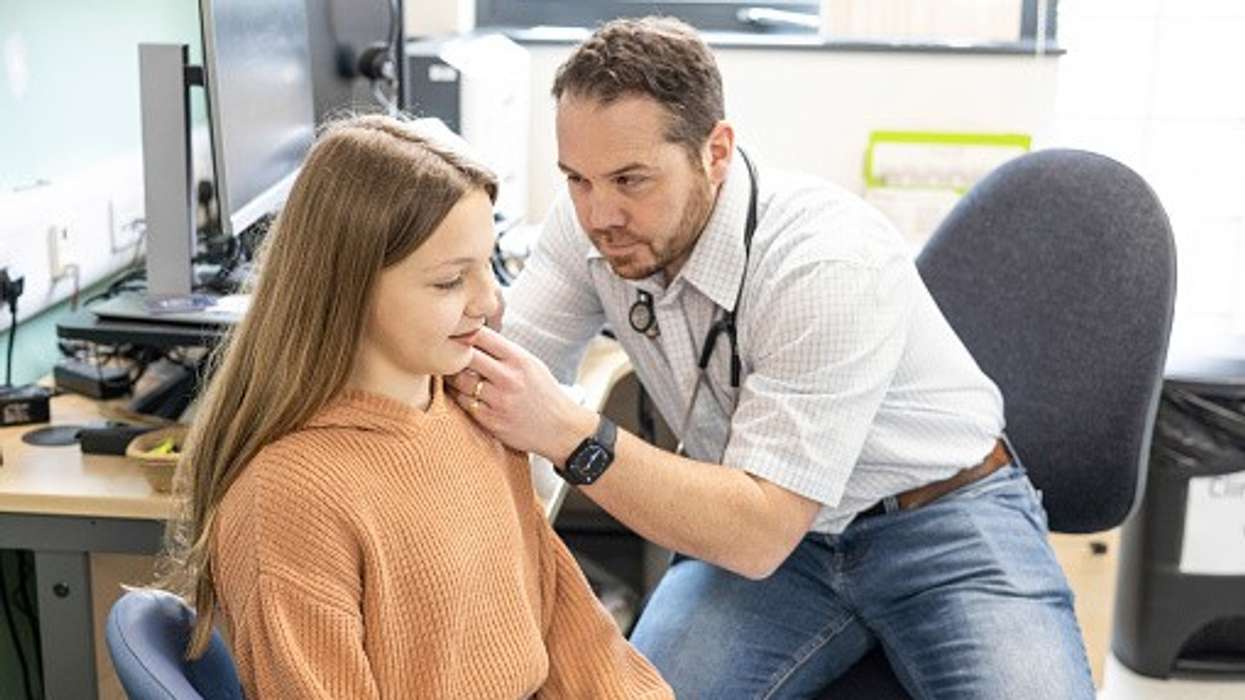The Company Chemists’ Association (CCA)’s research has found that between 2015 and 2022 more than 40 per cent of permanent community pharmacy closures took place in the 20 per cent most deprived parts of England.
The association has analyzed the NHS data and found that between 2015 and 2022, 808 pharmacies closed permanently in England. In that period, only 138 new pharmacies opened – a net loss of 670 community pharmacies.
It also examined where permanent closures had taken place. “41% of net permanent closures had taken place in the top 20% most deprived areas in England. Meanwhile, only 9% of net permanent closures took place in the top 20% least deprived areas.”
Although the latest figures for 2021/22 suggest that the overall rate of closures may be slowing down, the proportion of pharmacies permanently shutting in more deprived areas has only increased.
An even larger share of pharmacies that permanently shut in 2021/22 occurred in the most deprived areas compared with the previous fiscal year: 44% of net closures took place within the bottom two IMD deciles.
Although a national problem, the North and West Midlands were found to have shouldered a heavy burden of closures in most deprived areas. 63% of closures in the most deprived areas were concentrated in the Northwest, West Midlands, and Yorkshire and Humber.
Breakdown of permanent net closures by region in England
| Total Net Closures per Region(2015/16 - 2021/22)a | Total Net Closures in Most Deprived Areas per Region (2015/16 - 2021/22)b | Proportion of Closures in Deprived Areas (% of Total Closures) per Region(2015/16 - 2021/22)c | |
| North West | -132 | -78 | 59% |
| South East | -101 | -11 | 11% |
| West Midlands | -91 | -58 | 64% |
| London | -76 | -17 | 22% |
| Yorkshire and The Humber | -76 | -39 | 51% |
| South West | -70 | -23 | 33% |
| East of England | -42 | -15 | 36% |
| East Midlands | -41 | -13 | 32% |
| North East | -39 | -20 | 51% |
The CCA is concerned that permanent closures will undermine healthcare accessibility in deprived areas, where access tends to be more limited despite greater need (the ‘inverse care law’). The reverse is true for community pharmacy – 89.2% of the population is estimated to have access to a community pharmacy within a 20-minute walk, and crucially in areas of highest deprivation access is significantly higher (99.8%) – otherwise known as the ‘positive pharmacy care law’. Moreover, ‘underserved’ communities may be more likely to visit their local pharmacy, according to NICE guidelines.
NHS England has devised ‘Core20PLUS5’, a national and Integrated Care System-level approach to reducing health inequalities in the top 20% most deprived populations by focusing on five areas of clinical focus such as chronic respiratory disease and hypertension case-finding.
Malcolm Harrison, Chief Executive of the CCA said: "Research shows that population health is greatly affected by standards of nutrition, housing, working environment and education. Therefore, access to healthcare needs to be greater in areas of higher deprivation. Unfortunately, the opposite is true, with access to general practice often better in more affluent areas. However, we know that there is greater access to community pharmacies in deprived areas.
Pharmacies continue to close disproportionately in areas of deprivation at a concerning rate. Closures will only worsen the health of deprived communities. The CCA is concerned that individuals may not be able to visit pharmacies at all to either get the medicines and advice they need or to be referred into other parts of the system.
The current funding model for community pharmacy is broken. The pharmacy network is no longer economically viable. The Government must face the facts and stop pharmacy closures by providing a sustainable level of funding. Without action, the country is sleepwalking towards an ever-worsening crisis in primary care – which threatens the entire ‘levelling up’ agenda for people in the most deprived communities.”











